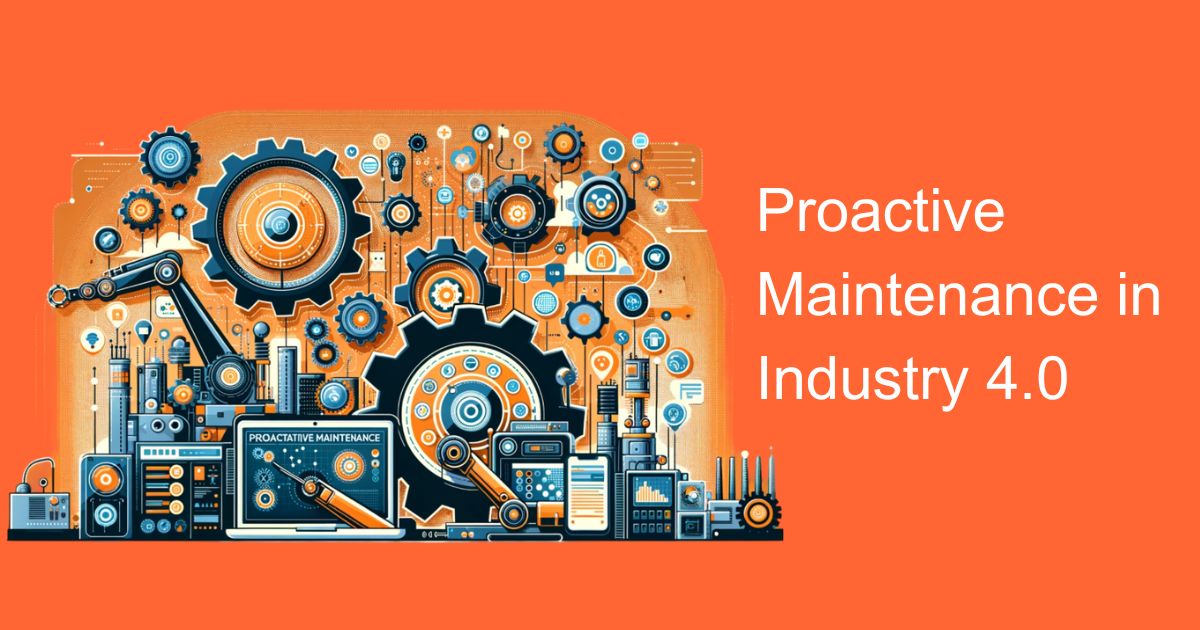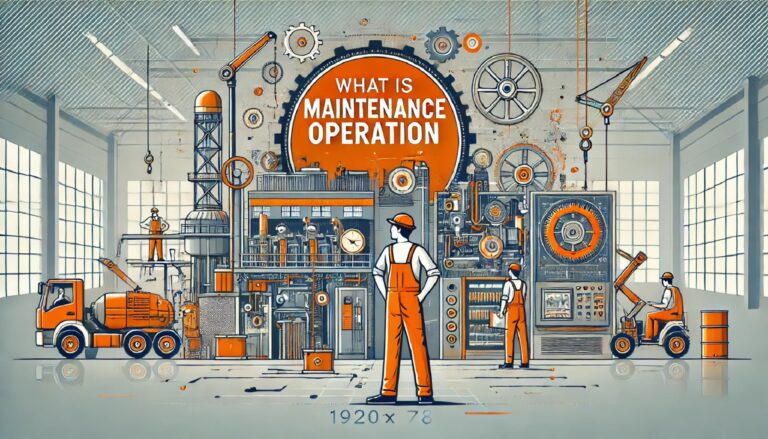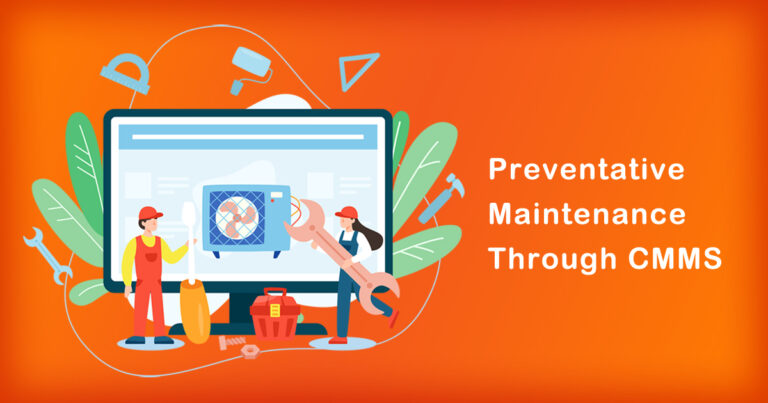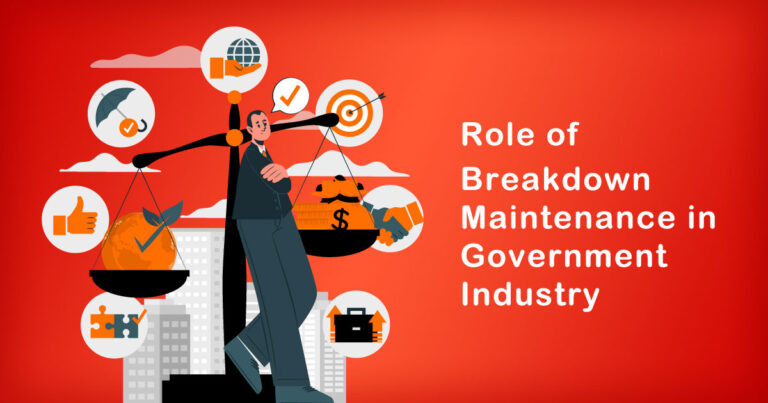Introduction
In today’s rapidly evolving industrial landscape, the concept of Industry 4.0 has taken center stage. Characterized by the integration of digital technologies, data analytics, automation, and connectivity, Industry 4.0 promises to revolutionize the way we manufacture and operate. In the Indian context, where industries play a pivotal role in the country’s economy, understanding the importance of proactive maintenance within the framework of Industry 4.0 becomes paramount. This blog delves into the role of proactive maintenance in Industry 4.0 and its implications for the Indian industrial sector.
The Evolution of Maintenance
Maintenance has come a long way from being a reactive, break-fix approach to a proactive and predictive strategy. Traditional maintenance practices often lead to costly downtime, production delays, and unexpected failures. In contrast, proactive maintenance focuses on preventing issues before they occur, optimizing asset performance, and ultimately reducing operational costs.
The transition to proactive maintenance has been accelerated by Industry 4.0 technologies. These technologies include the Internet of Things (IoT), big data analytics, artificial intelligence (AI), and machine learning. They enable industries to collect real-time data from sensors, equipment, and processes, providing valuable insights into the health and performance of assets.
Proactive Maintenance in an Indian Context
India’s industrial sector is vast and diverse, ranging from automotive and manufacturing to pharmaceuticals and agriculture. Embracing proactive maintenance within this context can have profound implications.
1. Improved Efficiency
Proactive maintenance allows Indian industries to optimize their operations and improve overall efficiency. By continuously monitoring equipment and processes, businesses can identify and rectify potential issues before they disrupt production. This results in reduced downtime and increased output, essential factors for economic growth.
2. Cost Reduction
In a country like India, where cost-consciousness is a key driver of business decisions, proactive maintenance can significantly reduce operational expenses. By avoiding unexpected breakdowns and unnecessary maintenance, industries can allocate resources more efficiently, ultimately enhancing profitability.
3. Sustainability
As India strives to meet its sustainability goals, proactive maintenance plays a vital role. By minimizing waste, energy consumption, and resource utilization through predictive analytics, industries can contribute to a greener and more sustainable future.
4. Skill Enhancement
Adopting proactive maintenance practices requires a skilled workforce capable of leveraging Industry 4.0 technologies. This presents an opportunity for India to invest in training and upskilling its labor force, fostering technological innovation and employability.
The Enablers of Proactive Maintenance
To fully leverage proactive maintenance within Industry 4.0, several critical enablers must be considered:
1. Data Analytics
Robust data analytics platforms are essential for extracting meaningful insights from the vast amounts of data generated by connected devices. In India, the adoption of such platforms can revolutionize maintenance strategies by providing real-time analytics, trend analysis, and predictive modeling.
2. IoT Sensors
The proliferation of IoT sensors is a cornerstone of proactive maintenance. These sensors continuously monitor equipment and processes, sending data to central systems for analysis. In India, the deployment of IoT sensors can transform industries by enabling remote monitoring and reducing the need for on-site inspections.
3. Artificial Intelligence and Machine Learning
AI and machine learning algorithms can identify patterns and anomalies within the data, predicting potential failures with high accuracy. In India, leveraging AI and machine learning can optimize maintenance schedules, reduce downtime, and extend the lifespan of critical assets.
4. Integration and Connectivity
To harness the full potential of Industry 4.0, seamless integration of all systems and devices is crucial. Indian industries must invest in robust connectivity solutions to ensure that data flows smoothly across the organization.
Challenges and Considerations
While the benefits of proactive maintenance in Industry 4.0 are evident, there are challenges that Indian industries must address:
1. Initial Investment
The transition to proactive maintenance requires significant upfront investment in technology, training, and infrastructure. Companies in India must carefully plan their budgets and ROI expectations.
2. Data Security
With the increased connectivity and data exchange, ensuring the security of sensitive information becomes paramount. Indian industries must implement robust cybersecurity measures to protect their assets and data.
3. Talent Gap
Finding skilled personnel proficient in Industry 4.0 technologies can be challenging. India needs to invest in education and training programs to bridge the talent gap.
Conclusion
Proactive maintenance is not just a buzzword; it is the future of industrial operations in India within the context of Industry 4.0. By embracing this paradigm shift, Indian industries can improve efficiency, reduce costs, enhance sustainability, and remain competitive on a global scale. The journey may be challenging, but the rewards in terms of productivity, profitability, and environmental impact are well worth the effort. In the evolving landscape of Industry 4.0, proactive maintenance is not an option but a necessity for India’s industrial growth and success.








